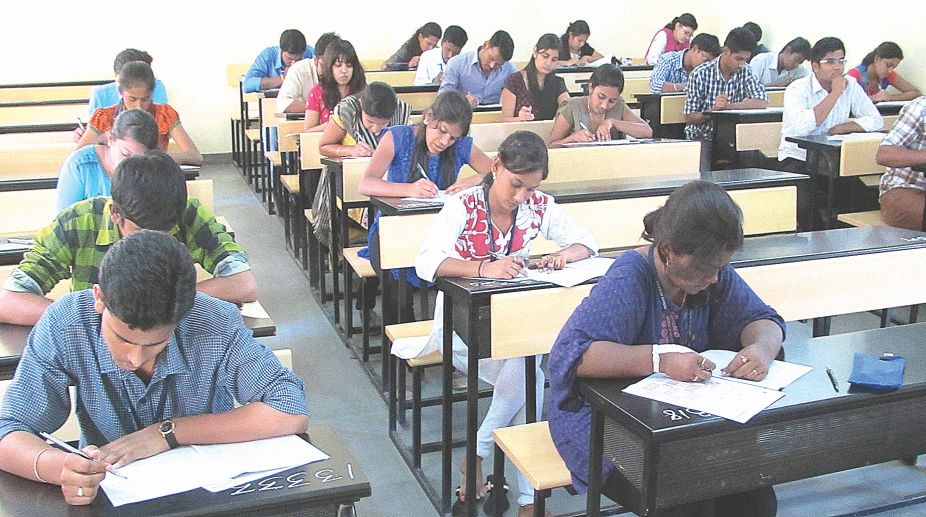In India as per All India Council of Technical Education guidelines, engineering entrance examination is required before giving admission into different courses. Every student who aims to have a career as an engineer have to take admission in premier institutions like IITs, NITs, state government and privately run institutes.
The biggest challenge for a student is to prepare themselves for various joint entrance examinations as well as the board exams which are all timed around the same period. They go through nervousness and anxiety that affect them during their preparation and also at the time of exam.
Advertisement
The key to success in any entrance examination is hard work, practice, improved speed and clear concept. Besides all these, knowing some tips can benefit your preparation.
Planning and execution is important. A perfect plan followed by smart execution is a key to success. Plan things ahead, know what you are going to cover on which day and how you will be revising before your examination. It can really help you to do well.
Refer the sample papers as well as last year’s examination papers. Daily practice of the test papers has maximum chances of getting through. This will also help you a lot in understanding the question. Entrance exam papers have many such questions which are confusing in nature. It is important to read all questions cautiously may be even twice to understand them properly.
While preparing for the JEE or other engineering entrance exams, keep making a cheat sheet of all the important formulae, points to remember, tricks and everything, you feel like revising a few days before exams. Start with listing topics, subject wise. There are a few topics which are in JEE syllabus, but may not be in board examination syllabus. Keep those topics in a separate list.
Clear concepts for those new topics, and keep revising the topics you have already read or are good at. Make a study plan for each and every subject according to the number of days left for your engineering entrance examinations such as WBJEE, JEEE (Main & Advance), etc, and give a complete dedication to every subject you are going to study.
Just make sure to revise every topic, especially those, in which you feel you are weak or could not answer well in your board examinations. Solve previous papers, look for a pattern. Identify the important topics, and make sure, you are strong in those topics. If not, practice more and more.
It is as much important, as your concepts and basics. You might be able to solve many questions, but what if you couldn’t solve them in time, or couldn’t do it because you were under pressure. Therefore, keep a record of time taken to solve a problem or answer a question. After the test, go through the solutions and try to identify topics that need more attention.
In case of negative marking, don’t answer unless you are 75 per cent sure. Keep calm on the exam day and just answer the questions. The most important tip to follow is that one must not study till late at night before the examination day. Plan your study time accordingly. Study during the early hours of the day. And make sure you get enough sleep at night so that you wake up fresh in the morning.
The writer is director, MCKV Institute of Engineering, Liluah, Howrah











